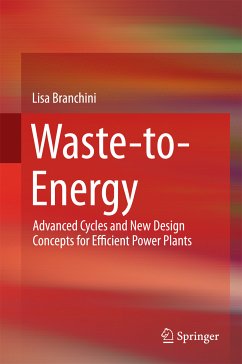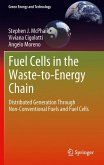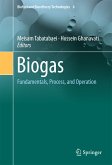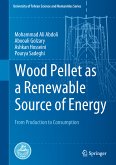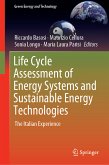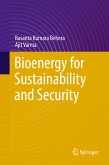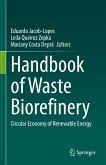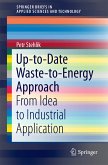· Provides layout and steam cycle adopted parameters for WTE plants
· Examines new and advanced integrated WTE cycles for energy efficiency optimization
· Discusses and identifies several performance indexes and power output allocation approaches for multi-fuel energy systems
This book provides an overview of state-of-the-art technologies for energy conversion from waste, as well as a much-needed guide to new and advanced strategies to increase Waste-to-Energy (WTE) plant efficiency. Beginning with an overview of municipal solid waste production and disposal, basic concepts related to Waste-To-Energy conversion processes are described with reference to combustion grate technologies, highlighting the most relevant aspects impacting the thermodynamic efficiency of WTE power plants. The pervasive influences of main steam cycle parameters and plant configurations on WTE efficiency are detailed and quantified.
Advanced hybrid technology applications, particularly the Hybrid Combined Cycle concept, are examined in detail, including an illuminating compare-and-contrast study of two basic types of hybrid dual-fuel combined cycle arrangements: steam/water side integrated HCC and windbox repowering. Focusing on steam/water side integrated configuration, several layouts are proposed; for each proposed configuration, the optimum plant design is identified to meet the goals of maximizing steam generation and power output, while minimizing discharged outlet temperature. An in-depth case study investigates the strengths and challenges of a medium-sized WTE facility integrated with different market-available gas turbine (GT) units. Finally, the book examines issues of power output allocation and conversion efficiency for a multi-fuel energy system (such as WTE-GT integrated plant), which receives different types of input fuels and generates a single useful output. Several performance indexes and varying power output allocation approaches are identified and compared.
Dieser Download kann aus rechtlichen Gründen nur mit Rechnungsadresse in A, B, BG, CY, CZ, D, DK, EW, E, FIN, F, GR, HR, H, IRL, I, LT, L, LR, M, NL, PL, P, R, S, SLO, SK ausgeliefert werden.

